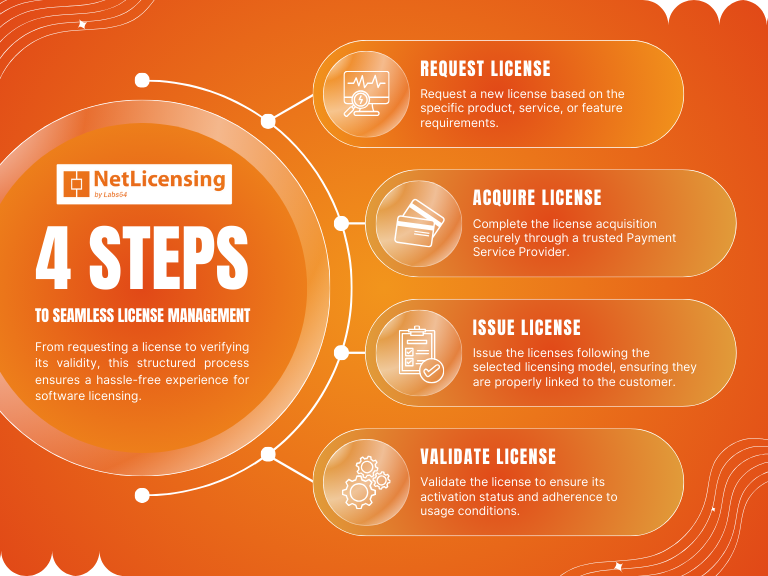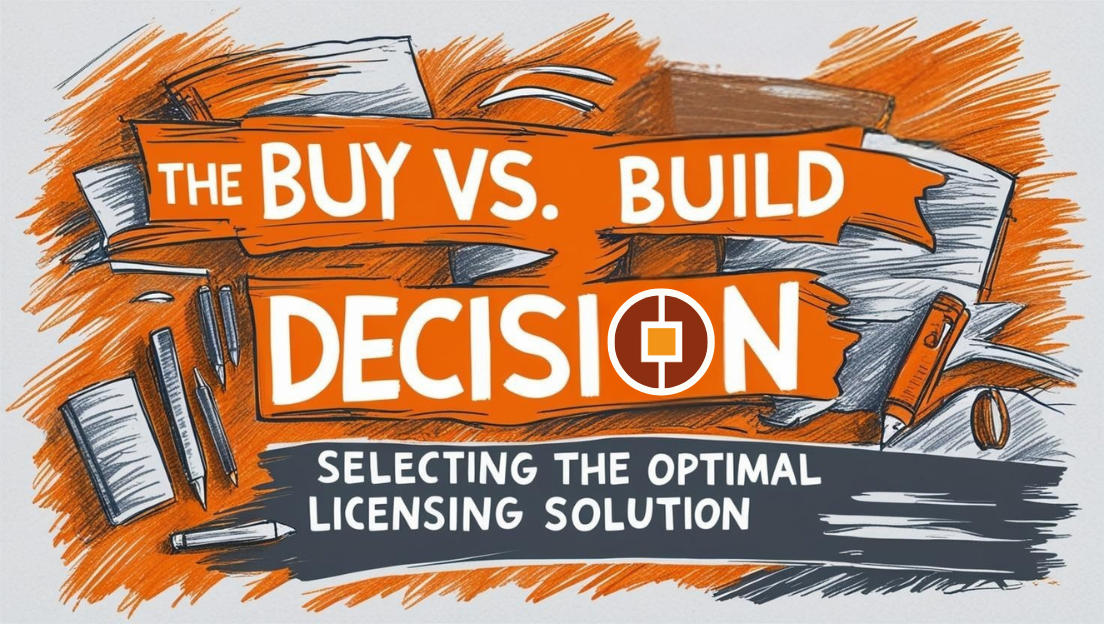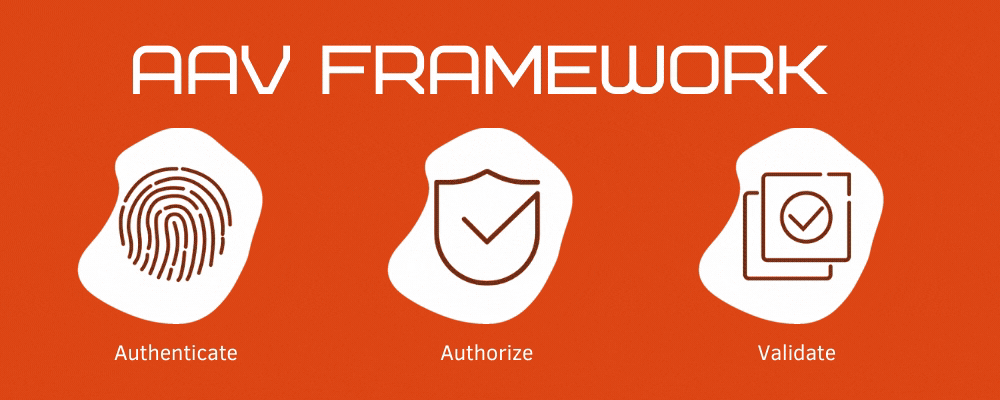Who’s Watching You?

It is undeniable that one of the largest technology stories of 2013 was not a new range of televisions, or a revolutionary smartphone. Although these were both technologies that emerged in this year, the story which saw a UK newspaper destroy computer hard disk drives in the presence of members of the Security Forces and a well-documented man-hunt across half of the world was the revelations released by a former employee of the American National Security Agency that millions of people had had their personal emails and mobile phone records accessed by agencies in both America and Europe.
Although the initial impact of this was the shock that agencies had first of all been able to access this material with such ease and that it had been considered acceptable; the secondary effect was the realisation that major email and telecommunications companies had been willing to hand over information about their customers to these agencies.
This was particularly significant as it included information which people had stored in their own personal cloud storage space – most notably those which are provided by major email providers. In a world where more and more people are using a variety of cloud storage services, we like to think that our data is safe. The truth, it would seem, is somewhat different.
The ‘Personal Cloud’ came into popular use in 2011/2012 and has continued to grow and grow, with certain technology companies now offering services based entirely around a cloud computing approach – where a license is now an annual subscription rather than a larger one-off payment.
The danger which this, as has been made self-evident, is that rather than data being stored locally, it is now stored on remote servers which are owned and maintained by large companies. The major question which this raises is whether ownership of the hardware also means that these companies can claim some ownership – as opposed to authorship – of the data which is stored on them. In short; if you have a free email account with a large company? They could arguably claim that they in fact own all of the information in your emails and anything which is attached (i.e. cloud storage drives).
The reaction amongst people within the technology industry has been notably different to that of the general public. Where technology professionals, who may have previously made us of such email or cloud storage solutions, are now seeking out encrypted private FTP servers on which to carry out back-up as well as self-hosted email addresses on these servers. However, the lack of a user-friendly GUI for many of these services, combined with a lack of general knowledge about what is available means that the majority of people are still using these services in spite of the revelations.
However, there has been an increase in people’s awareness of exactly what they share online and what it is that they are storing in their cloud drives and sending via email. Consumer trust in large technology companies has been damaged and people are becoming more aware of the methods through which they can reduce the amount of information that their personal devices and services sends back to the companies.
It is yet to be seen what the long-term impact will be, or whether there will indeed be a significant impact upon how people use these services. With this in mind, we’d like to know if your habits have been changed as a result of this news? Were you already storing your own personal and business data on encrypted servers? Have you actively tought out more secure ways of transmitting and storing data?
Let us know!
Image Credits: © Jürgen Fälchle - Fotolia.com





